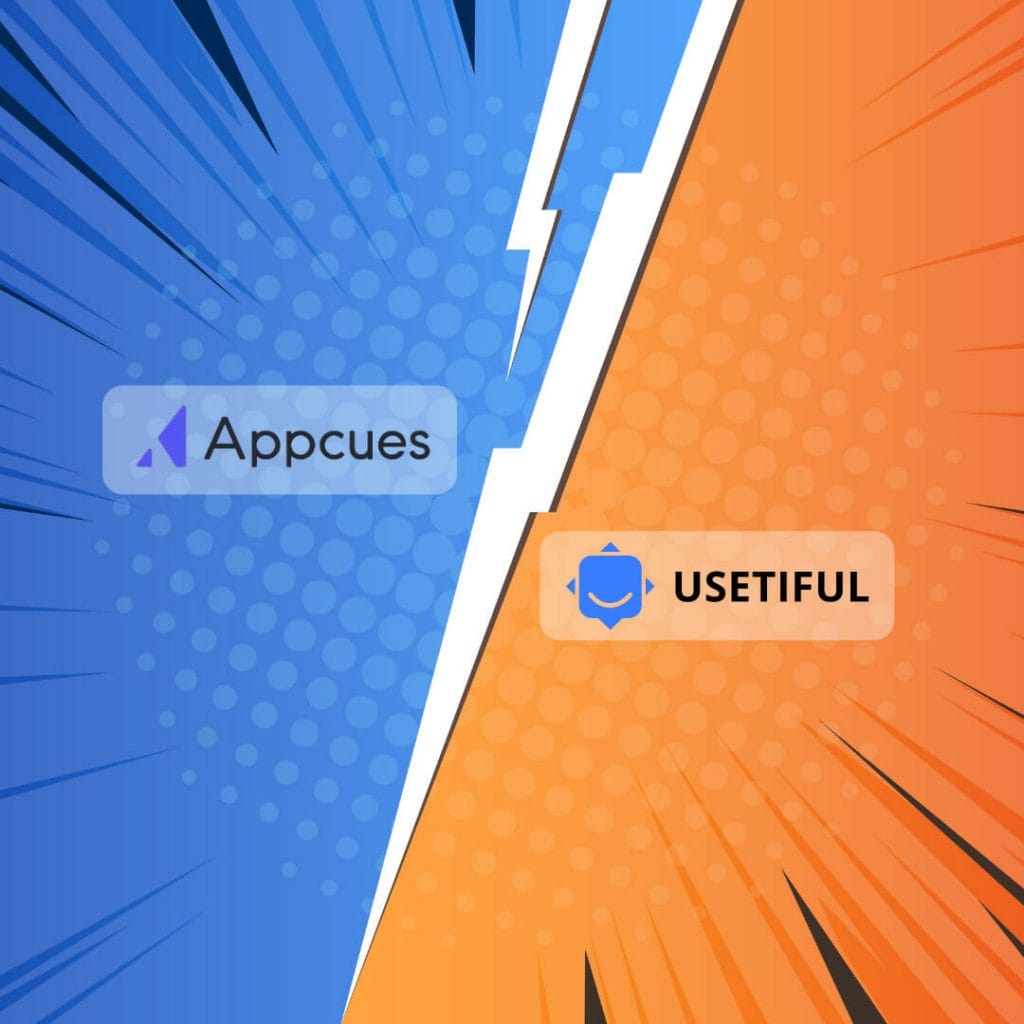The world of online course creation platforms is vast, offering numerous solutions to creators and educators. Two of the most popular platforms for creating and managing digital content are Kajabi and WordPress. Both offer unique features that appeal to different users, making it essential to compare them to understand which one better suits your needs.
Kajabi is an all-in-one platform designed with online course creators, coaches, and membership site owners in mind. It offers a comprehensive solution, combining course creation, marketing, payments, and community building into a single interface. Its focus on user-friendly design, customization options, and pre-built templates make it an attractive choice for those looking to streamline the process of building and marketing their online courses or memberships.
On the other hand, WordPress is a versatile and widely-used content management system that enables users to build a wide range of websites, such as e-commerce stores, personal websites, and membership sites. It is a self-hosted platform, which means users have greater control over their web hosting and site maintenance. However, this also means that the actual setup and management of an online course may require additional plugins and integrations. The extensive variety of WordPress themes and plugins make it highly customizable, but it may require slightly more effort to create a cohesive online course experience compared to Kajabi.
Round 1: Best UX

Kajabi and WordPress both offer distinct advantages when it comes to user experience. Kajabi is known for its drag-and-drop builder, making it easy for users to create websites, landing pages, and funnels without the need for extensive technical knowledge. With its focus on creating, marketing, and selling online courses, Kajabi provides a more streamlined experience for course creators.
In terms of support, Kajabi has a strong reputation. They offer a range of resources, including in-depth documentation, training, and responsive customer support. Video hosting is also included within the platform, simplifying the process of adding multimedia content to courses. Users have reported positive experiences with Kajabi’s support, as evidenced by its TrustRadius reviews.
On the other hand, WordPress is a more versatile platform, suitable for a variety of website types, from simple blogs to complex e-commerce stores. However, this flexibility and the availability of numerous plugins can potentially make navigation and optimization more challenging for inexperienced users. The interface is less intuitive compared to Kajabi’s drag-and-drop builder.
While WordPress offers a vast community for support, the ease of finding reliable help may vary. The platform does not provide direct customer support, though there are numerous forums, tutorials, and third-party professionals available to assist with any issues. Performance and speed depend on various factors, such as hosting, optimization, and plugin choices. Advanced users with the technical know-how to optimize their WordPress site can achieve impressive speed and performance.
In conclusion, Kajabi stands out for its ease of use, seamless course creation features, and dedicated support. However, WordPress offers unmatched flexibility and customization, making it a favorable choice for those with technical knowledge and diverse website needs. Both platforms have their strengths and weaknesses when it comes to user experience, so determining which is best ultimately depends on individual preferences and requirements.
Round 2: Features Comparison

When comparing Kajabi and WordPress, it’s essential to take a close look at their features and functionalities. In this section, we will break down the key differences between these two platforms, keeping the tone of voice confident, knowledgeable, neutral, and clear.
Kajabi stands out as an all-in-one platform designed to create, market, and sell online courses, memberships, and digital products. It offers a comprehensive set of tools, including email marketing, sales funnels, quizzes, assessments, and drip content to streamline the process. The platform also includes built-in analytics, allowing you to monitor your sales and audience’s behavior.
WordPress is an open-source content management system (CMS) known for its flexibility and extensive customization options. With thousands of plugins and themes available, users can create a wide range of websites, from simple blogs to full-scale e-commerce stores. WordPress supports SEO and offers integrations with popular marketing tools, making it a popular choice for businesses.
In terms of email marketing, Kajabi offers robust email automation tools that allow you to create engaging and personalized email campaigns. With WordPress, you can use plugins like Mailchimp and ConvertKit to handle your email marketing needs.
Kajabi and WordPress both provide e-commerce functionality, such as payment processing and sales funnels. However, Kajabi’s features are more tailored to selling digital products, while WordPress requires the addition of an e-commerce plugin like WooCommerce to enable this functionality.
Both platforms allow you to build course content with quizzes, assessments, and drip content features. Kajabi offers a smoother and more integrated experience for course creation, while WordPress requires plugins like Elementor or LearnDash for the same functionality.
In terms of hosting, Kajabi offers fully managed hosting which includes continuous security updates and platform improvements. On the other hand, WordPress requires users to find their hosting and manage site security and maintenance.
While Kajabi simplifies building online communities and membership sites through its integrated tools, WordPress users must rely on plugins like BuddyPress and MemberPress to accomplish the same goals.
In summary, Kajabi’s strength lies in providing a comprehensive, integrated solution for creating and selling digital products, while WordPress offers more flexibility and customization thanks to its vast ecosystem of plugins and themes. Ultimately, the choice between Kajabi and WordPress depends on your specific needs and goals for your online business or project.
Round 3: Price

In the battle of Kajabi and WordPress, the question of pricing comes to the forefront. In this round, we’ll analyze the pricing structures for both platforms, including free options, free trial availability, and whether Kajabi is worth the investment for your business.
Kajabi offers a pricing structure with three plans: Basic, Growth, and Pro. Each plan has different features tailored to meet the needs of various businesses. The Basic plan starts at $149 per month, while the Growth plan comes in at $199 per month, and the Pro plan is priced at $399 per month. For those who wish to test Kajabi before committing, a 14-day free trial is available, allowing potential customers to explore the platform’s features.
On the other hand, WordPress is an open-source platform with a free option available for users. However, in order to unlock advanced features, premium themes, and plugins, users may need to invest in paid themes, plugins, or a hosting package. Prices for these can vary greatly, from a few dollars to hundreds, depending on the user’s needs.
There’s no denying that Kajabi’s pricing is higher than WordPress, but it’s important to consider that Kajabi is an all-in-one solution, offering users integrated sales and marketing tools, membership management, and more. Thanks to this comprehensive functionality, Kajabi users can create, sell, and market products directly from the platform, potentially generating a steady revenue stream.
In contrast, WordPress requires additional plugins and customizations to achieve comparable results, which can lead to additional costs and complexities for users. Nonetheless, WordPress remains a versatile and affordable alternative, particularly for businesses or individuals with a limited budget.
To decide if Kajabi’s pricing is worth it for your particular business, it’s essential to weigh the convenience and features of an all-in-one platform against the customization and affordability of WordPress. If streamlined functionality and built-in marketing tools are essential for your business, the investment in Kajabi may be justified. If, however, you have web development skills and prefer a more hands-on approach to building your online presence, WordPress could be the better choice.
In summary, Kajabi and WordPress both offer distinct pricing structures and features that cater to different user needs. For those considering which platform to invest in, it’s crucial to consider the value of an all-in-one solution like Kajabi compared to the flexibility and cost-effectiveness of WordPress. Only by carefully weighing these factors can one make the best decision for their business.
Battle Decision: Kajabi Winner

In this face-off between Kajabi and WordPress, Kajabi has emerged as the undisputed winner. Kajabi stands out primarily because of its all-in-one platform specifically tailored for creating, marketing, and selling online courses and membership sites. In contrast, WordPress, as a broader platform, doesn’t focus specifically on these niche areas.
Kajabi offers powerful features for course creators, such as seamless integration of video content, handling of membership subscription tiers, and the ability to create online communities for users. For business growth, Kajabi provides comprehensive reporting and data analytics tools, helping users make data-driven decisions.
While WordPress can be used for building more complex sites, Kajabi’s streamlined offerings optimize user experience and minimize the hassle of managing multiple plugins and technical integrations. In addition, Kajabi’s robust support system ensures any queries or issues are effectively addressed.
Kajabi users can also tap into the platform’s extensive functionality for content marketing and hosting, including starting their own podcasts. Utilizing these channels enables businesses to better engage with their audiences, increasing their potential to attract and retain customers.
It’s clear that Kajabi’s specialized philosophy gives it the edge over WordPress for creators wanting to build online courses and membership sites. With Kajabi as the winner in this comparison, its tailored features and dedicated support make it the ideal choice for professionals looking to grow their knowledge-based businesses.



